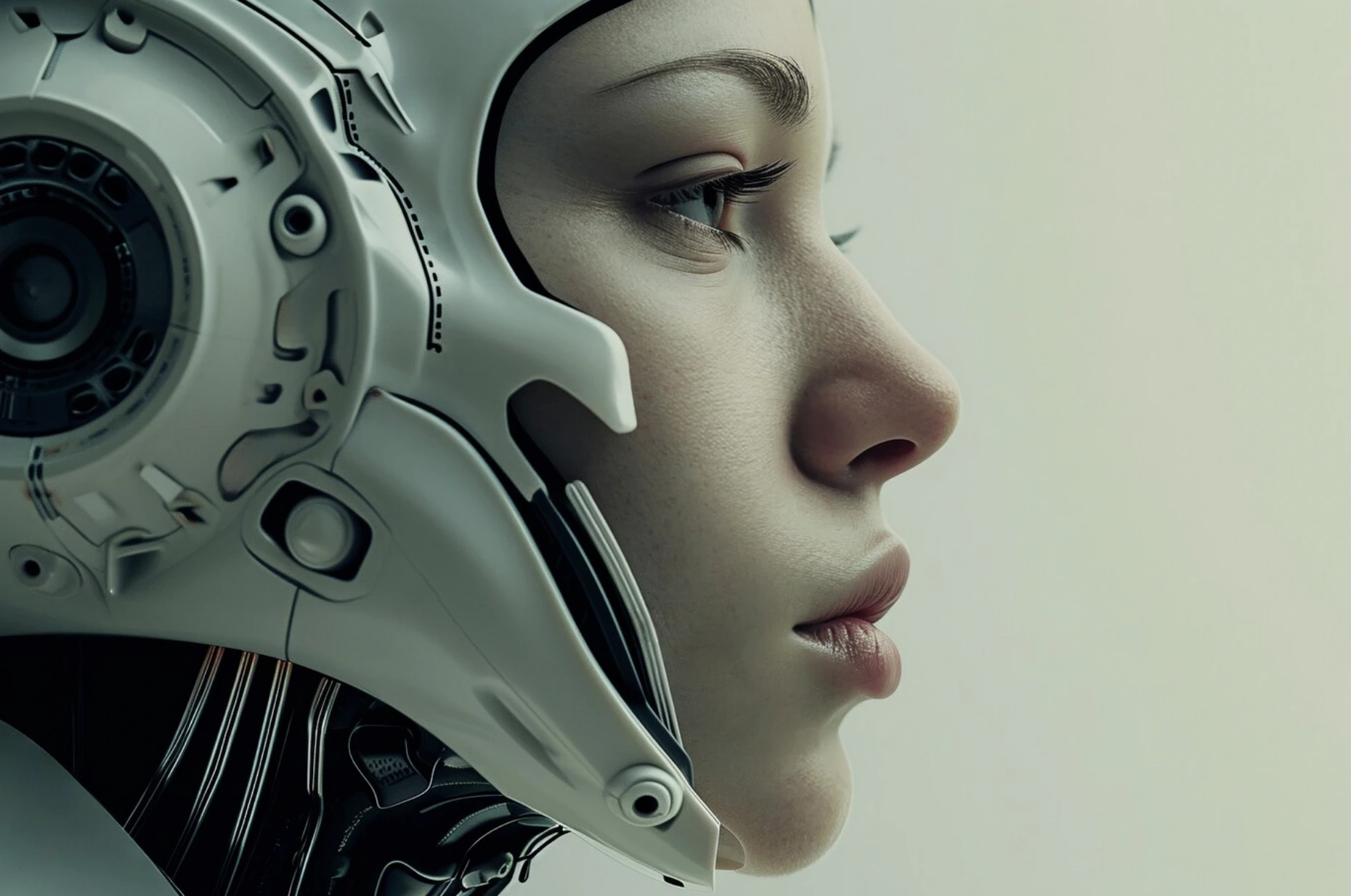
Image by Freepik
AI’s Role In Human Evolution: Smaller Brains And Social Changes Ahead
A new scientific review explores AI’s influence on human evolution, predicting changes in brain size, attention spans, and social behaviors.
In a Rush? Here are the Quick Facts!
- AI may accelerate trends towards smaller brains, attention spans, and mood-disorder susceptibilities.
- Human-AI interactions could impact social behaviors like intimacy, dating, and virtual friendships.
- Evolutionary changes from AI interactions likely small compared to cultural and well-being effects.
A new scientific review from the University of Chicago explores how AI could influence human evolution, particularly in terms of brain size, attention, social behaviors, and interpersonal dynamics.
Published in The Quarterly Review of Biology, the paper, titled How Might Artificial Intelligence Influence Human Evolution?, examines the potential evolutionary effects of everyday AI use and human-AI interactions.
Authored by Rob Brooks, the paper avoids overly dramatic scenarios like human extinction or assimilation by AI. Instead, it focuses on the more gradual and subtle evolutionary changes that could result from the increasing integration of AI into human lives, reports Phys.Org.
Brooks suggests that AI’s influence on human evolution might mirror the natural selection processes seen in domesticated animals, where certain traits are inadvertently or deliberately selected, says Phys.Org.
One key aspect of the paper is the comparison between human-AI interactions and interspecies relationships, such as predators and prey, or hosts and parasites.
According to Phys.Org, Brooks argues that just as these relationships have shaped the evolution of species, AI’s role in human society could similarly impact human evolution, especially in areas like matchmaking, intimacy, and social behaviors.
Brooks predicts several evolutionary trends resulting from AI’s influence, including a potential acceleration of the shift toward smaller brains, changes in attention spans, and the evolution of personality types and susceptibilities to mood disorders, says Phys.Org.
AI’s role in shaping social interactions, such as dating apps and virtual friendships, could also alter mating competition and intimacy-building behaviors, affecting human social evolution, reports Phys.Org.
However, the study notes that while AI’s effects on human life may be profound in terms of individual well-being and cultural evolution, its impact on gene frequencies and patterns of inheritance will likely be minor in comparison, as reported by Phys.Org.
Phys.Org says that Brooks emphasizes that predicting how AI will change humanity is a difficult task, and the evolutionary outcomes of these interactions are far from certain.
The book argues that the direction and rate of evolution can be hard to predict even for organisms kept under controlled conditions, highlighting the complexity of predicting human evolution in an AI-driven world, as reported by Phys.Org.


 Previous Story
Previous Story

 Latest articles
Latest articles 

Leave a Comment
Cancel